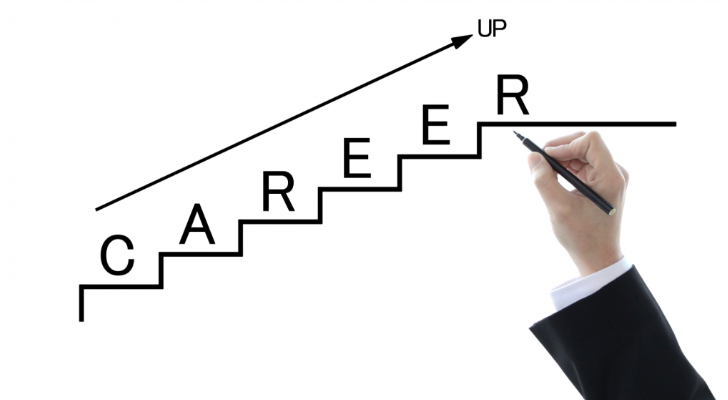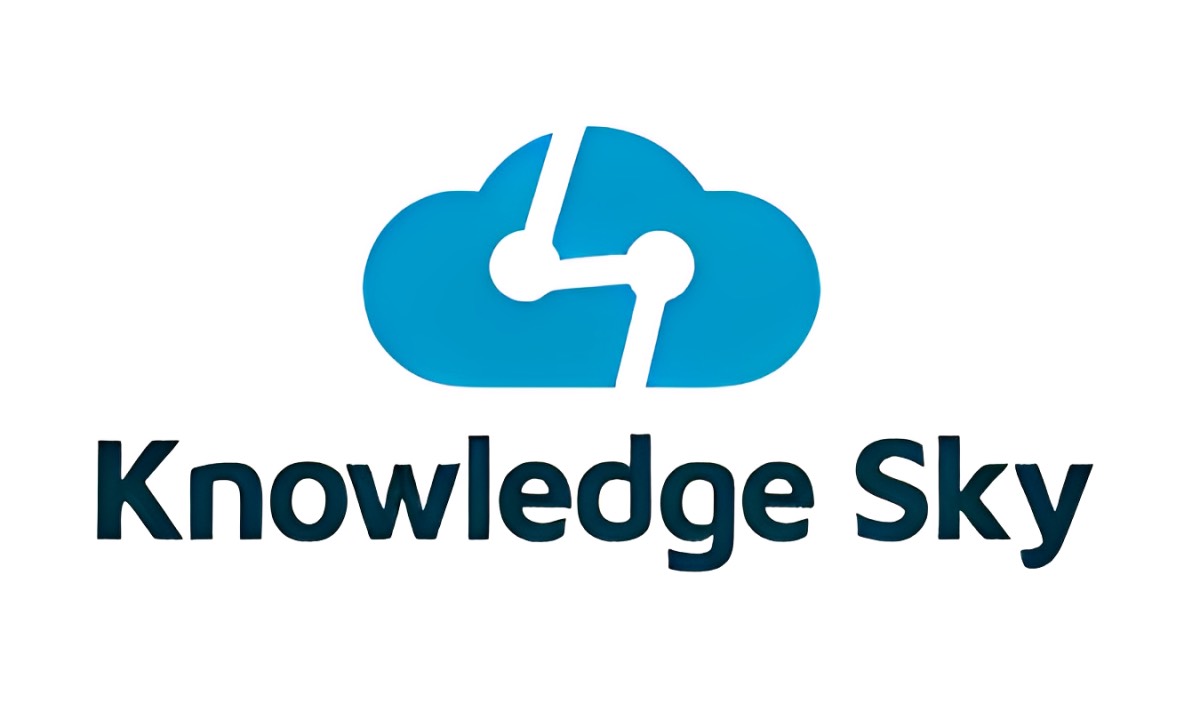
There is seemingly an endless list of things to consider if you sit down and think about what you would like to do in you career and try to plan for the future. Every person will have unique points to consider and will need to deal with, however it can be important to start with a simple set of clear steps to start planning.
Step 1: Use assessment tools to explore career options
Use career assessment tools to explore different career options so that you can better utilize guidance from career guidance professionals. This stage helps you to be more aware of the many possibilities that exist. In addition to learning about position titles, you will also discover what skills, educational requirements, and personal attributes are needed for success in various fields. Putting together this information will help you work with career counselors to develop a plan for what types of jobs and careers would best fit your interests and skills. The goal here is to come up with options that you will be able to realistically pursue.
Step 2: Conduct research about different career fields
Putting in time for research is useful when deciding between different fields to pursue. There are few better ways to explore career options than actually meeting with people working in a particular field. This involves meeting with people in different positions and in different industries that you are interested in and asking them questions about their job.
This is also the first step in starting to build a professional network, which will become increasingly important as you progress.
Step 3: Determine your job target
After completing the process of looking at your options by doing career exploration and field research, it is time to set some goals and parameters to help you make a decision. These components can be summed up as your job target. Your job target is the specific industry and position you choose to pursue. It may also include geographic location. Your job target may change as you gain more experience and knowledge about yourself.
Step 4: Build your credentials and resume
This stage is ongoing and the more you build your credentials, the better your resume becomes. A great resume leads to interviews and offers at any stage in your career. The best ways to build your credentials and knowledge are by:
- Doing internships related to your job target
- Taking classes and attending seminars related to your job target
- Reading books, journals, and magazines related to your job target
- Joining professional associations or clubs related to your job target
Step 5: Prepare for your job search
This stage requires researching specific companies and organizations you want to work for. During this stage, talk to friends, family, and career guidance professionals to see if you are able to have any introductions or job application leads. Learn to write scripts for calls that you might have with your contacts or company personnel, and develop various types of tactics for approaching employers beyond simply responding to general job offers.
It is also highly recommend that you get organized by starting a job search binder where all of your activities are logged and new information is kept. In addtion, it is very important to prepare your talking points for use during interviewing and salary negotiations before you meet employers. Participating in workshops are a great way to do this. It is important to prepare and take necessary steps to stand out. Most people in their early careers may spend up to 10 months to find a job, so it is important to start early and prepare well.
Step 6: Launch Your Job Search
Are you ready? There are many activities that are critical to actually getting started in launching a successful job search. Writing a targeted resume is important to show employers how your skills relate to their specific needs. Set aside the time to make calls, write cover letters, write thank you letters, and do research. Be creative with the approaches you use and remember to always keep in mind how your actions will help you to stand out from other job seekers.
Summary: Career Planning
A final thing to keep in mind – always update your resume with new skills, knowledge, and experience that you acquire as you advance through your career.



